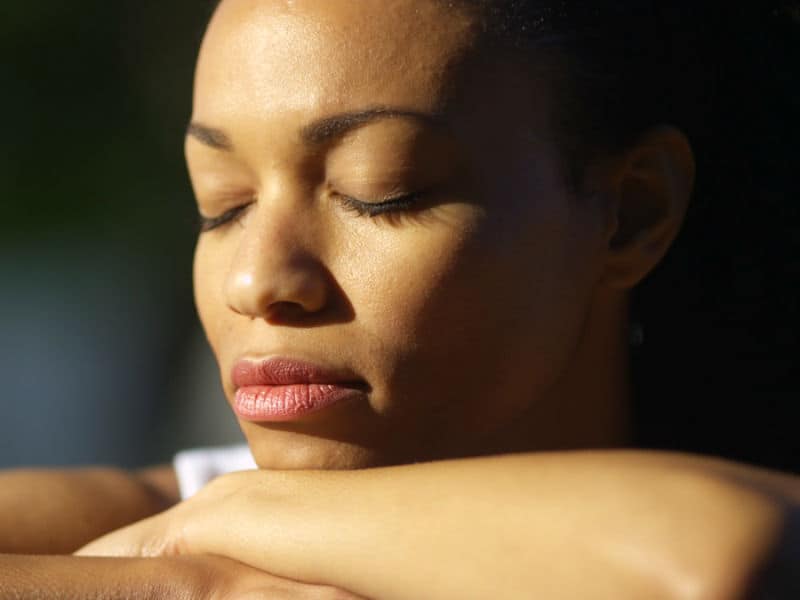
What is it like to be LGBTIQ and have HIV/AIDS?
Auma, a heterosexual woman, knows too well how it’s like to live with HIV in the 90’s. She has lived with the fear, shame, discrimination and stigma. Other HIV positive persons share her experiences but those from the LGBTIQ community face an extra layer of unique challenges.
The history of discrimination against the LGBTIQ community has had a profound impact on their experiences with HIV/AIDS to date. This has exacerbated the HIV epidemic within this community.
Here are some ways in which discrimination has influenced their experiences:
Inadequate Response: During the early years of the HIV/AIDS epidemic, the LGBTIQ community faced significant discrimination, which impeded an effective and compassionate response. Governments, healthcare systems, and society at large often ignored or downplayed the impact of the disease on this community, leading to delayed prevention and treatment efforts.
Stigma and fear: HIV/AIDS became highly stigmatized during the 1980s, and the LGBTIQ community, particularly gay and bisexual men, bore the brunt of this stigma. This further marginalized the community, resulting in fear of testing, inadequate support systems, and reluctance to seek healthcare services due to the potential for discrimination and outing of their sexual orientation or gender identity.
Health Disparities: Discrimination and systemic inequalities have contributed to health disparities within the LGBTIQ community, including limited access to healthcare, higher rates of mental health issues, substance abuse, homelessness, and poverty. These factors increase vulnerability to HIV transmission and hinder prevention efforts.
Activism and resilience: Despite the challenges, the LGBTIQ community and allies have shown remarkable resilience and advocacy in the face of discrimination and the HIV/AIDS epidemic. Activism efforts by community organizations and individuals have led to increased visibility, improved access to healthcare, and better recognition of the unique needs of the community in HIV prevention and treatment efforts.
Addressing the impact of discrimination requires combating stigma, promoting comprehensive sexual education, implementing policies that protect the rights of the LGBTIQ community, and providing culturally competent healthcare. By addressing the historical and ongoing discrimination, we can strive towards equitable HIV/AIDS outcomes for all individuals, regardless of sexual orientation or gender identity.
Share your experience. What is it like to be a member of the LGBTIQ community and have HIV/AIDS? What do you think can be done to address the challenges faced?
